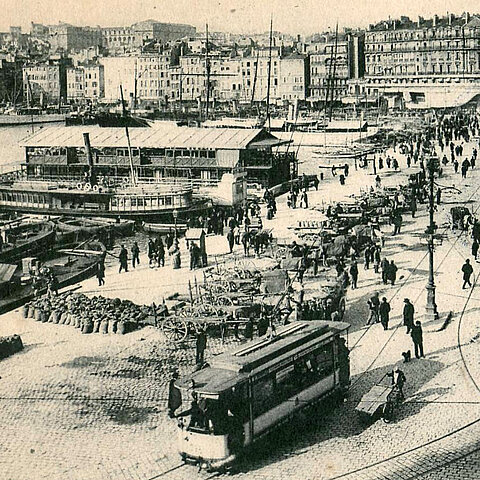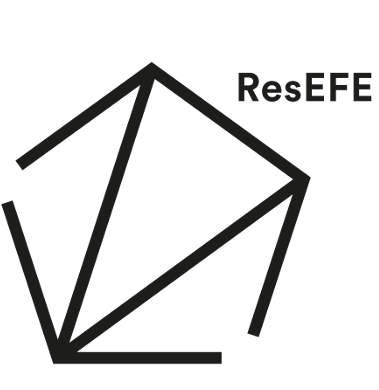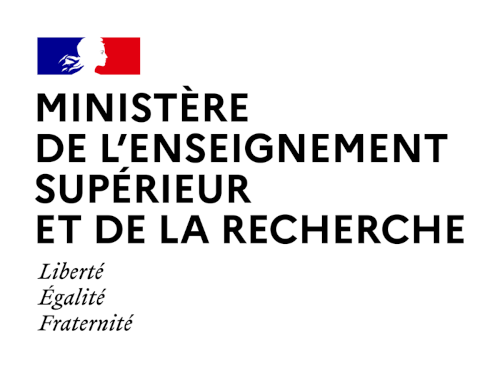COORD.: Zacarías MOUTOUKIAS (Université de Paris Cité - UMR 8236 LIED), Juan CARMONA (Universidad Carlos III de Madrid, Instituto Figuerola de Historia y Ciencias Sociales), Elisa GRANDI (Université de Paris Cité - UMR 8236 LIED)
ORG.: École des hautes études hispaniques et ibériques (Casa de Velázquez, Madrid), Instituto Figuerola de Historia y Ciencias Sociales - Universidad Carlos III de Madrid, Paris School of Economics – Centre Simiand, Laboratoire Interdisciplinaire des Énergies de Demain (LIED)/ Université de Paris Cité
SUPPORTING INSTITUTIONS.: ED 624 « Sciences des sociétés »/ Université de Paris Cité, Université de Genève.
DATES: From Monday, 29 May to Friday, 02 June 2023
VENUES: Casa de de Velázquez, Madrid / Universidad Carlos III de Madrid
Deadline for applications closed since 28 february 2023.
Presentation
This workshop “History and Social Sciences: debates in Economic History”, follows the organization of its previous editions in 2016, 2018 and 2021. It is aimed at PhD students and young researchers and intends to create a space for discussion and deepening of some of the main approaches in economic history. It is interdisciplinary in nature and aims to address the diversity of current debates–and to reflect the profound renewal in this field–in the context of the relationship between history and social sciences.
In line with these objectives, the workshop encourages active participation of the selected candidates so as to produce a collective scientific and methodological reflection on how History and Social Sciences relate to each other, and on research practices in different geographical contexts.
The selected candidates will be invited to present and discuss their current research projects in the context of historiographical blocks led by recognized specialists.
This intention to establish a dialogue between economic history, history and the social sciences stems from the observation that each discipline–or area of specialization–perceives the others according to stereotypes in which none of them ultimately recognizes itself. The gap between “historical economics” and “narrative history” does not explain these differences in perception, since concepts and methods have circulated widely among the different branches of economic history. The renewal mentioned has affected all its fields, both those that use mathematical or axiomatic tools and those whose approaches are, on the contrary, more qualitative and narrative. This is why the organizers of the workshop are keen to integrate quantitative methods into this dialogue, as well as analyses concerned with the social and cultural constructions around economic dynamics.
Content
In its fourth edition, the school will focus on the theme “Capitalism in historical perspective. Approaches and debates”.
In recent years, the history of capitalism has received a significant amount of attention from various backgrounds. It has largely enriched the frameworks drawn up by the great classics, from Marx and Schumpeter to Polanyi, Braudel and North–to mention only the most important references. If discussions on the origin, nature and historicity of capitalism are in part an extension of the great classical debates, the new approaches often go beyond the perimeter traced by these authors, while integrating some of their angles of study. For example, a closer look at the different temporalities and historical determinants at the origins of modern capitalism have provided new keys to reading the classical conceptualizations of the emergence of new institutions. A similar claim can be made about the impact of studies on energy transitions or the role of natural resources. One of the effects of the debates on the Great Divergence is to show that the emergence of capitalism can no longer be considered from a perspective that apprehends non-European or colonial spaces as mere dependent peripheries. Thus, some studies devoted to Latin America, Africa and Asia have analysed imperial spaces and the legacy of the colonial past in the setting up of capitalist economies by renewing conceptualizations on asymmetries and the notion of centre and periphery.
The recent debate on slavery and the plantation economy as engines of American capitalism proposes a “new history of capitalism” in a different historiographical configuration. Beyond its importance, it also has the merit of inspiring new connections between the issues of race and gender and a renewed history of capitalism. Finally, other historiographical contexts have renewed the aspects most frequently associated with the evolution of capitalism up to the present day, in particular inequality, finance (private and public), business organization and globalization. The evolution of stock exchanges and capital markets, firm governance and forms of property, as well as industrial practices have been analysed from a variety of approaches. These have changed our understanding of the interdependencies between these sectors and their interconnections with political systems. And, in this new evolution, studies on the accumulation of wealth and the historical dynamics of inequality have been particularly important.
This diversity of approaches has strongly reconfigured the fields and agendas of the dialogue between history and the social sciences. This interdisciplinary dialogue has been the core of this workshop series since its inception. It is the perspective from which the specialists who will intervene will try to contribute their own experience in a common reflection on capitalism and the methodological and conceptual tools to analyse it.
Academic organization of the workshop
These issues will be organized into four sets of workshops and seminars–each set focussing on a historiographic approach-, led by recognized experts. These workshops will be followed by sessions where selected candidates will present and discuss their current research. A closing conference will address current issues related to the theme of this edition.
Guest speakers
- Facundo Alvaredo
École des hautes études en sciences sociales - Paris School of Economics - Mathieu Arnoux
Université de Paris Cité - UMR 8236 LIED - Miguel Artola
Universidad Carlos III de Madrid - Regina Grafe
European University Institute - Pierre-Cyrille Hautcoeur
École des hautes études en sciences sociales - Paris School of Economics - Manuela Martini
Université Lumière Lyon 2 - Institut universitaire de France - Antonio Tena
Universidad Carlos III de Madrid - Juan Flores Zendejas
Instituto Bairoch, Ginebra
Conditions
The participation fee is of 60€ per student.
The organization will provide the accommodation (shared double bedroom) for 6 nights (nights from 28 May to 3 June in the morning, inclusive) for the applicants who request it and do not reside in Madrid, as well as breakfasts and lunches (5 days).
Transportation costs and evening meals will be at the expense of the participants.
Languages used in the workshop: Spanish, French, English. Students able to express themselves only in English must be able to understand Spanish or French.
Applicant profile
This call for applicants is aimed chiefly at PhD students and young researchers in Economic History and Social History. However, we also encourage applications from students of other specialised areas (History, Anthropology or Sociology) who wish to broaden their experience through acquaintance with the areas addressed in this workshop.
The workshop also concerns 2nd year Master students whose research project is well advanced.
Selection criteria
The 18 participants will be selected on the basis of their academic record, their profile and their knowledge of languages. Priority will be given to the applicants whose research studies fall within the main topics of the workshop. This is why they will be asked to submit a letter explaining the reasons for their application, and sketching the content of the paper they are planning to deliver at the workshop (max. 600 words).
Candidates can register online using the online form until 28 February 2023 (17h, Madrid time).
From 3 March, the applicants will be advised of the results of the selection, and the selected ones will be informed of the procedures. After the workshop, these selected candidates will receive a certificate of attendance.


















